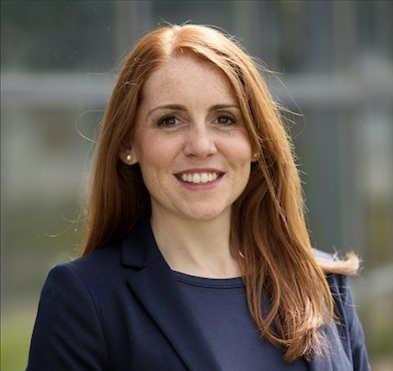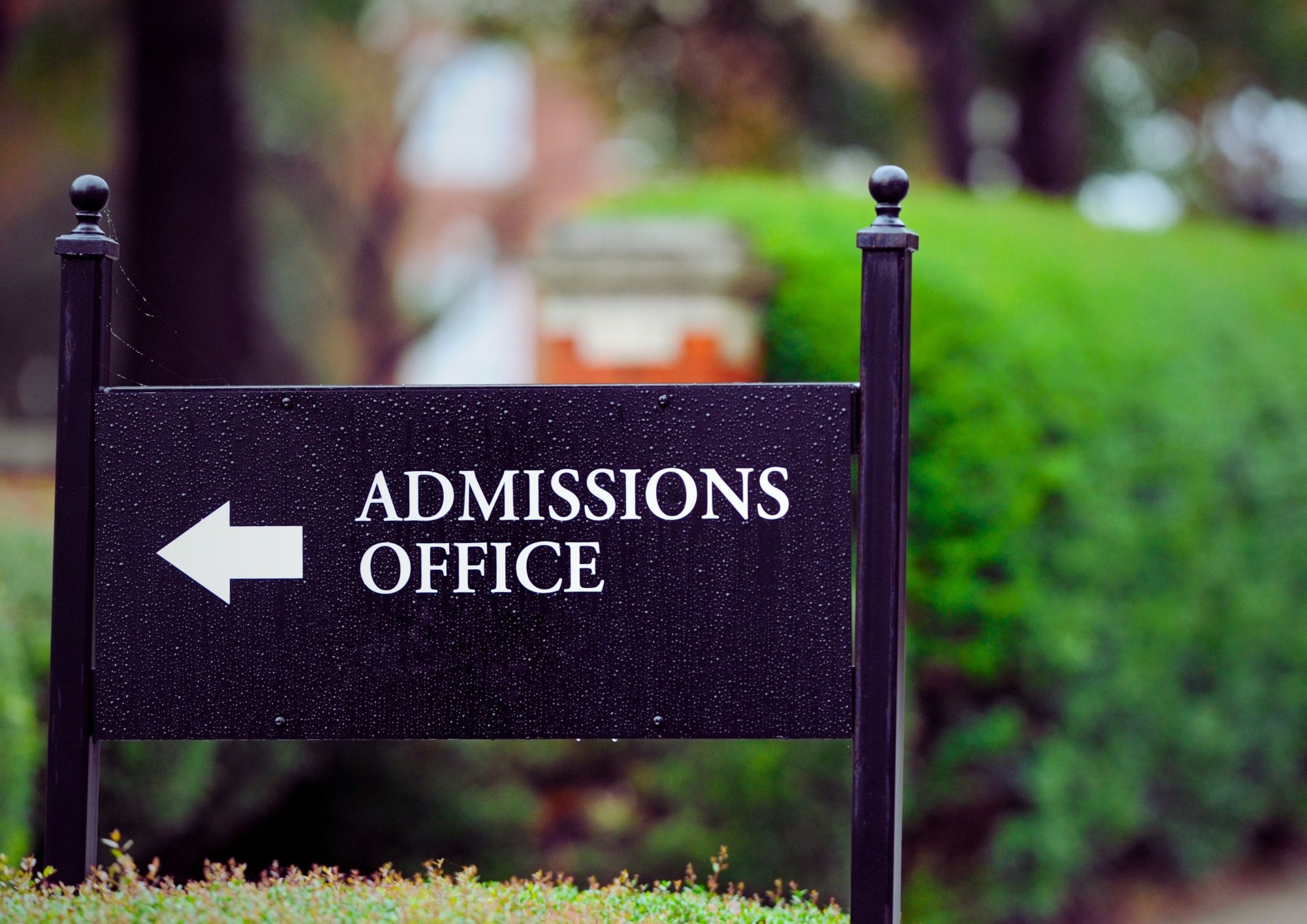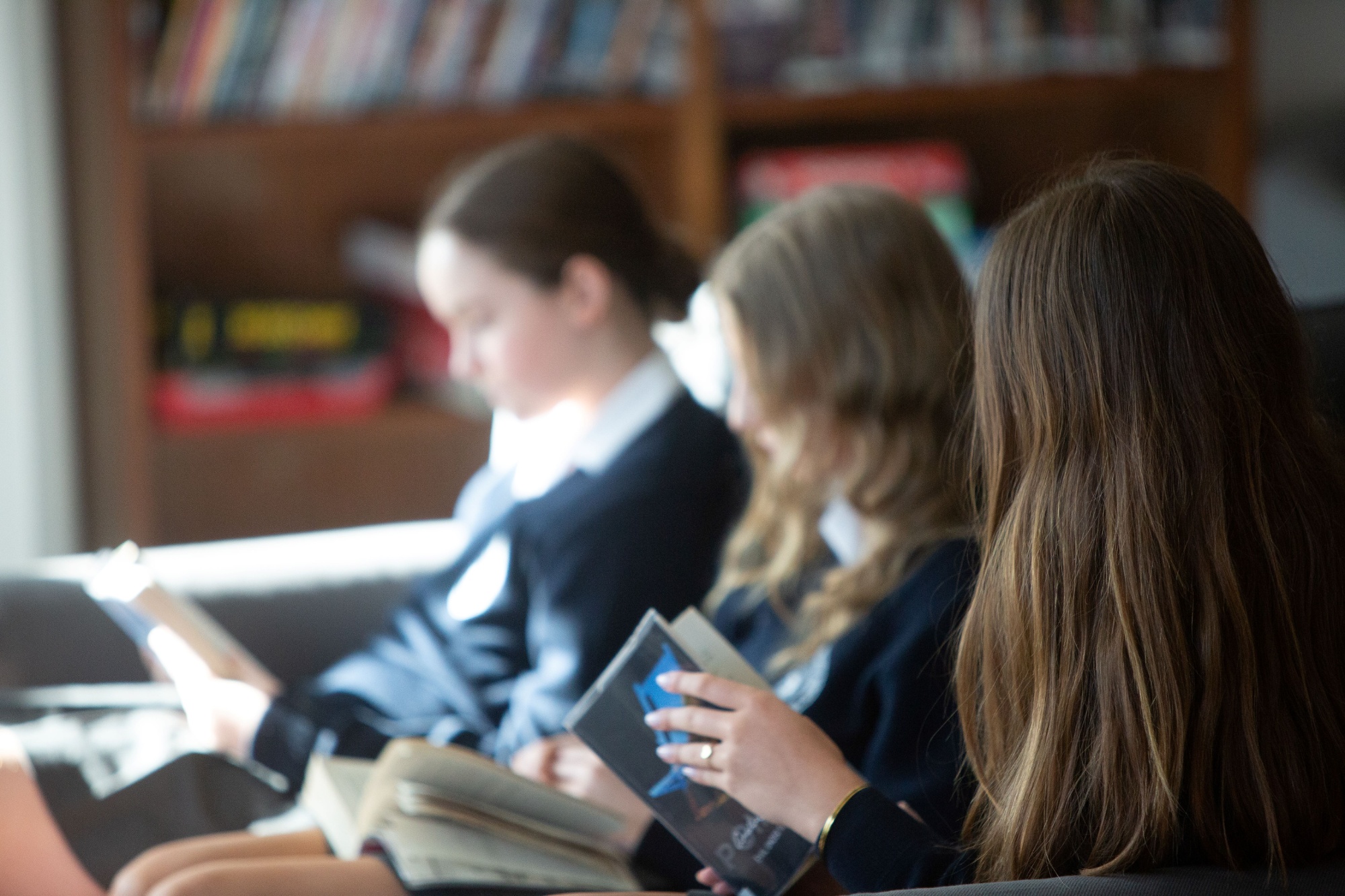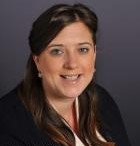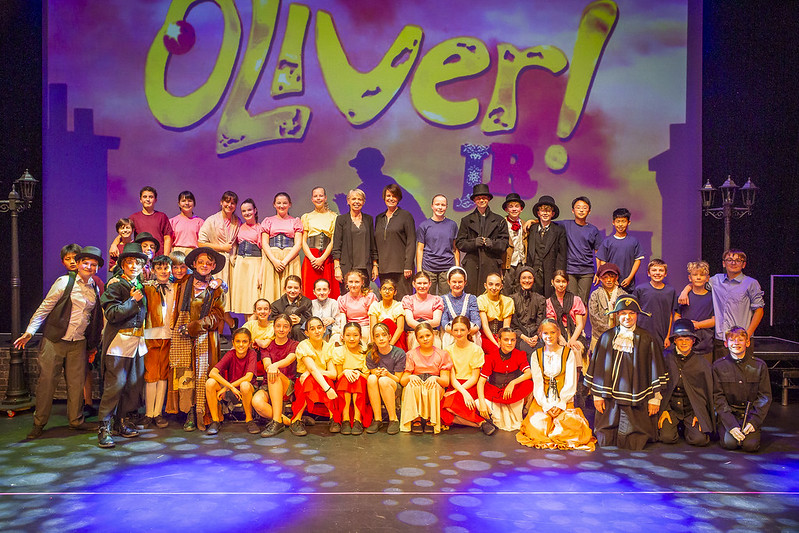2023 Charity Lunch
 The PTA were delighted to host the Annual Charity Lunch at the Shelbourne Hotel on Friday, 27 January.
The PTA were delighted to host the Annual Charity Lunch at the Shelbourne Hotel on Friday, 27 January.
 This year, the PTA collaborated with the College and the Student Council when choosing our charities, Down Syndrome Centre and The Peter McVerry Trust and, we were very proud to support these two very special organisations.
This year, the PTA collaborated with the College and the Student Council when choosing our charities, Down Syndrome Centre and The Peter McVerry Trust and, we were very proud to support these two very special organisations.

Dr Ciara Kelly, of Newstalk was MC for the afternoon and the event was very well attended by the St Andrew's College community.

